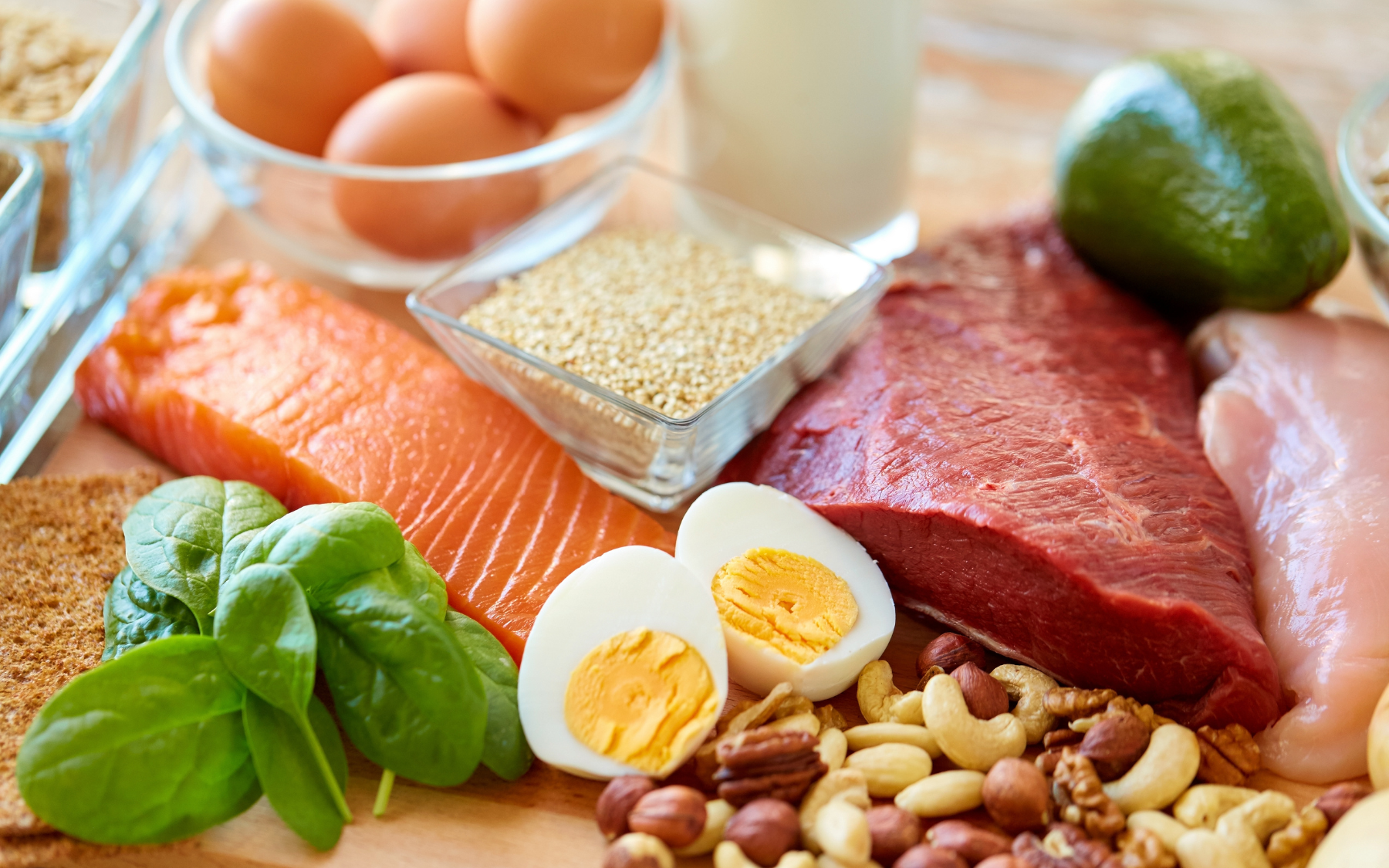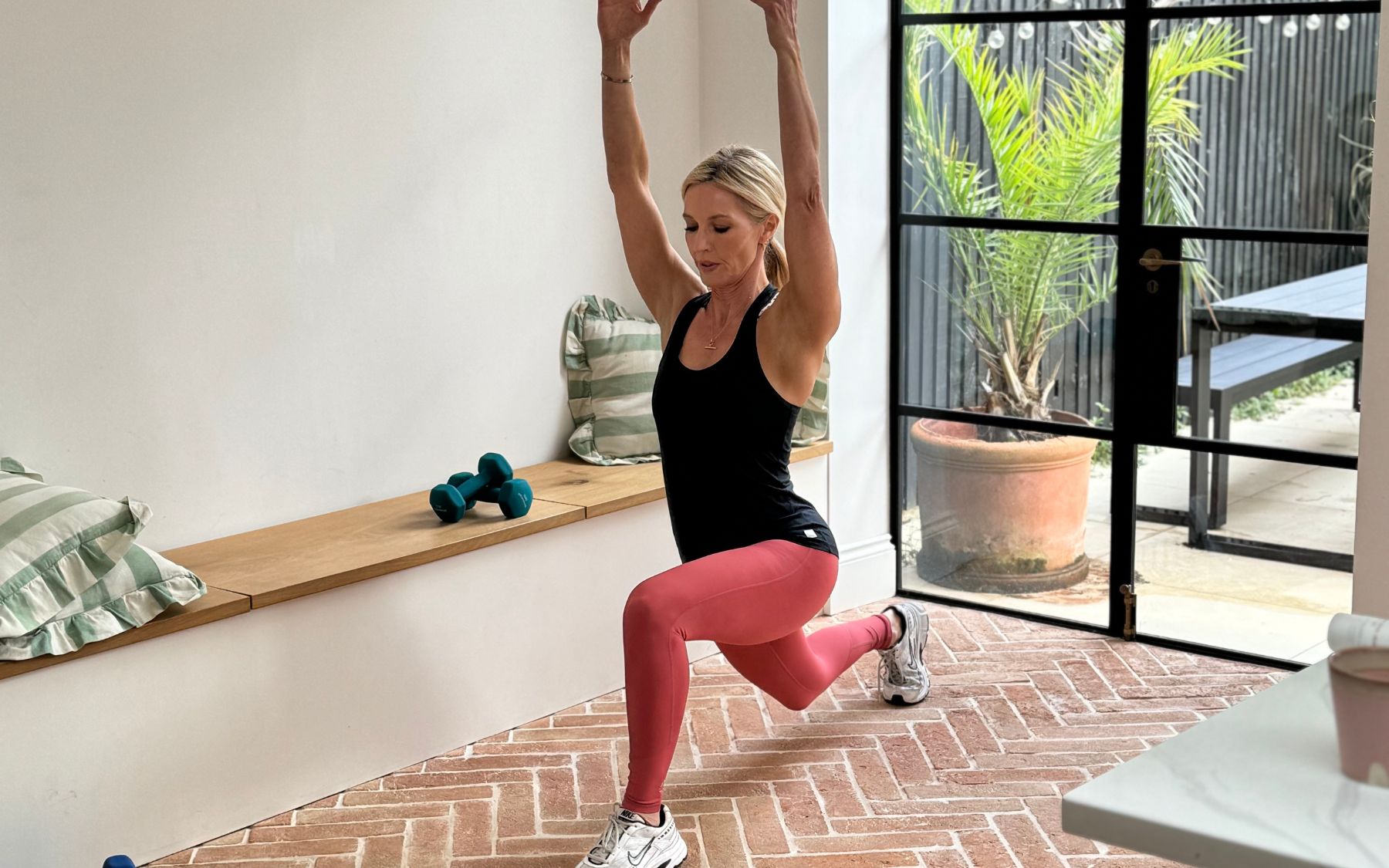Protein is essential for women in midlife for several important reasons. As we age our nutritional needs change and protein becomes particularly crucial for various aspects of health. Here are some of the reasons why protein is particularly important for women in this age bracket:
Muscle Mass and Strength: Ageing is associated with a natural decline in muscle mass and strength, known as sarcopenia. Protein plays a crucial role in supporting muscle protein synthesis, helping to maintain and build lean muscle mass. This is important for overall strength, mobility, and metabolic health. You can read more about that here.
Bone Health: Protein is not only important for muscles but also for bone health. Collagen, a protein found in bones, tendons, and ligaments, contributes to the structure and integrity of bones. Maintaining adequate protein intake can help support bone density and reduce the risk of osteoporosis. We know that bone density decreases naturally as we age and especially post menopause unless we work hard to combat it with protein intake and strength training.
Metabolism and Weight Management: Protein has a higher thermic effect compared to fats and carbohydrates. This means that the body expends more energy (calories) to digest and metabolise protein. Including sufficient protein in the diet can support weight management and the maintenance of a healthy body composition.
Hormonal Health: Adequate protein intake is important for hormonal balance. Hormones play a significant role in various physiological processes, including metabolism, mood, and energy regulation. Protein is necessary for the synthesis of hormones and enzymes that help maintain hormonal balance. Especially key at this time of life when the balance of hormones change.
Blood Sugar Regulation: Protein can help regulate blood sugar levels by slowing down the absorption of carbohydrates. This can be beneficial for managing insulin sensitivity and reducing the risk of type 2 diabetes, which becomes more prevalent as we age.
Satiety and Appetite Control: Protein-rich foods are often more satiating, helping us feel fuller and satisfied for longer.
Immune Function: Protein is essential for the proper functioning of the immune system. It plays a role in the production of antibodies, enzymes, and immune system cells, helping the body defend against infections and illnesses.
Tissue Repair: Adequate protein intake is crucial for tissue repair. As we age, maintaining the integrity of tissues and supporting the body's ability to recover from training and any injuries is increasingly important.
To meet our protein needs, women in midlife should include a variety of protein sources in their diet, such as lean meats, poultry, fish, eggs, dairy products, legumes, nuts, seeds, and plant-based protein sources. The recommended daily protein intake can vary based on factors such as activity level, overall health, and individual goals but take a look here to see exactly how much you need.
Are you getting enough protein in your diet?
Caroline x







